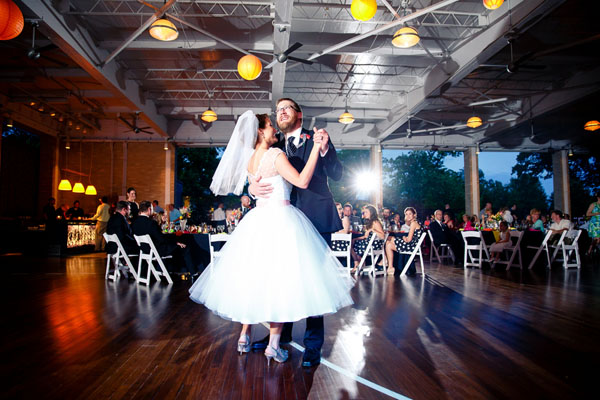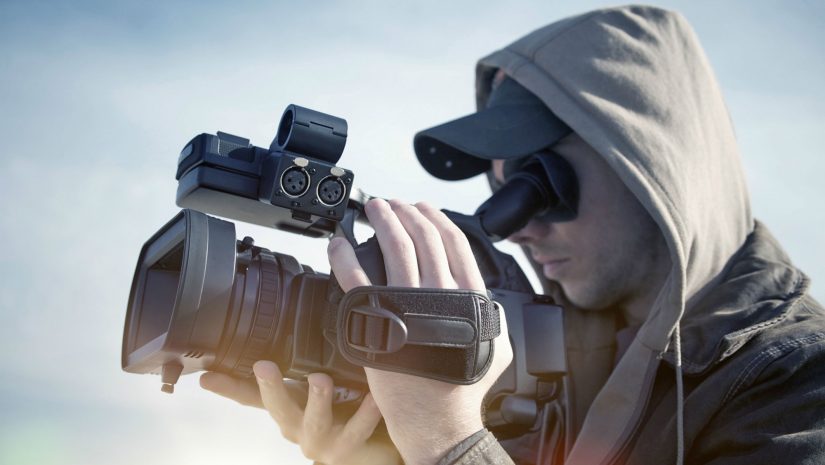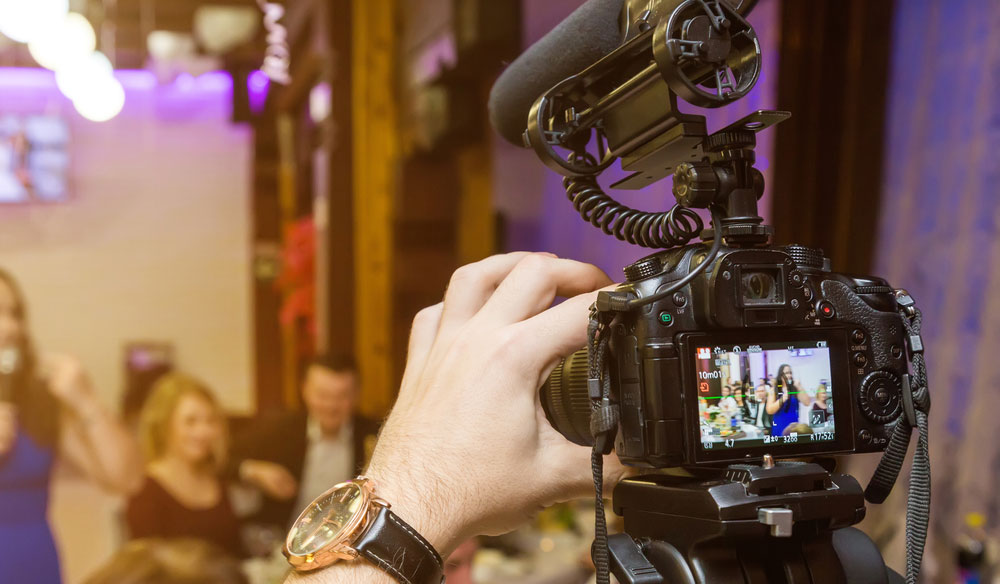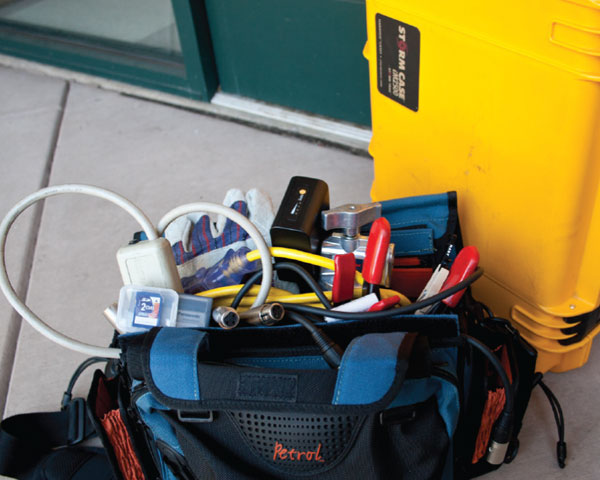Camera Operator – Do’s and Don’ts for a Camera Operator
What does a camera operator do? Qualifications and training | Key skills
Camera operators are employed by television and cable companies, film production companies and video production houses. They are responsible for operating a variety of technical equipment including single and multiple portable cameras, remote-control and electronic cameras, cranes and mobile mountings. Other responsibilities include:
- Assembling And Setting Up Equipment
- Planning, Preparing And Rehearsing Scenes
- Following Camera Scripts
- Creatively Framing And Capturing Action
- Responding Quickly To Directions
- Liaising with lighting and technical staff.
The job can be physically tiring and demanding, often requiring travel between locations and long and irregular working hours.
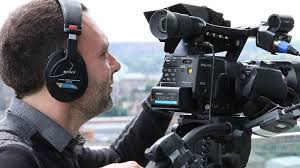
Assess Your Physical, Technical and People Skills
Your path to becoming an operator starts with taking a self-assessment. Since a camera operator does indeed operate camera equipment and its related accessories (which can add up to over 100 lbs with the most sophisticated camera packages), there is a level of comfort with the physical and technical nature of the work that you must be able and willing to develop. Learning about the highly technical specifications and capabilities of cameras, audio equipment and lighting is the foundation of becoming an operator. If you are fascinated with gadgets and new technology and you can’t keep yourself from experimenting with your camera settings and the video editing software on your computer, you might have what it takes for the multi-year process to learn the craft.
Another area of self-assessment is about your comfort level with teamwork. While camera operators must make lots of independent decisions while shooting, they also engage in lots of teamwork and coordination for successful productions to occur. Networking and relationship building is also essential to for getting work and referrals. If you think you can commit to establishing and building trusted relationships and fulfill your obligations to other professionals in the field you will be on the right track to a successful camera operator career.
Aspiring operators also need to assess their ability to develop a camera operators “eye.” This is an eye for capturing the right shots and for assessing, choosing and shaping environments so you can setup good shots. There are online classes and formal high school, undergraduate and graduate programs that teach the basic concepts that must be understood to develop this eye. The basic introductory concepts that are taught include framing, light, composition, color and shading. Most education programs teach these concepts and then help you apply these concepts with equipment training. Education includes how equipment is chosen and manipulated to fulfill your aesthetic goals. It covers lenses and lens selection, exposure, frame rates, resolution, and depth of field. Training also generally includes how to select and choose audio and lighting equipment. If you find yourself engaged with the concepts and enjoying the hands-on experience of these concepts you are on the right track to a career that could work for you.
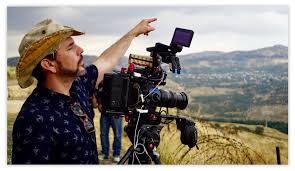
What Are Some Of The Dos And Don’ts That You Need To Be Aware Of As The Main Camera Operator On A Production?
Many people think that the director is the most important person on any production. While the director is indeed important, you have to have an excellent team around you to enable you to direct or produce anything good.
This being said, one of the most important positions on a shoot is the camera operator. They are responsible for knowing so much more than other parts of a production team. The sheer number of terms and camera operating insights that a camera operator needs to know is vast. Combine this with the fact that they need to be good at taking direction – and not really getting any outside credit for a great shot, leaves some camera operators unhappy, to say the least.
So much goes into making a movie or a television show – or most any production for that matter, that it is very important that you (camera operator) know your way around the camera. Of course we all understand that you need to have a certain sense of professionalism and be ready to work, but what are some of the dos and don’ts that you need to be aware of as the main camera operator on a production?
Do’s
Know and Understand the Rule of Thirds
One of the first things many of you camera operators should have been taught is the “rule of thirds.” If you have no idea what I am talking about here, then you probably need to study your trait a little more.
Rule of Thirds: Divide the frame into three horizontal and three vertical sections. The area where the lines intersect will make for the ideal location for the important parts of your picture (shot). Place the main subject of the shot into one of these spots.
Understand the Concept of White Balance
White balance is a hugely important aspect of operating a camera. Since a camera does not recognize – nor understand, the color white, it is important to adjust the white balance on the camera properly.
White Balance: Removing unrealistic color casts so that objects that appear white look correct on camera, as well as blend with the other colors properly.
Understand How To Create Depth in Your Shot
Surprisingly, this aspect of setting up a shot completely puzzles many camera operators. If you look at a lot of homemade video, or video that is done documentary style, you can see that there is not a lot of depth within the shot. Photography and video is 2D, you as the camera operator need to distinguish foreground, middle ground and background. This needs to be established before the shot, as you can’t do it after the camera starts rolling.
Be Willing to Take Direction
As was stated above, you are the one setting the shot up – and even putting the shot together from start to finish, depending on the director, yet you have to be willing to take less credit for the final product, and you also have to be willing to change a shot. Even if you think the shots wrong, the director is still in charge.
Understand the Rules of Composition
If you are behind the camera – especially on a big production, and you don’t know most of these terms, you are in over your head. It will catch up with you. Know these!
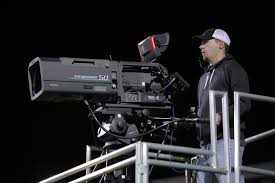
Don’ts
Don’t Forget About Audio
80% of most shows are audio. Audio usually presents more postproduction problems than any other aspect of a shoot. As a camera operator you may think you don’t have to worry about audio. Nothing could be further from the truth. You are responsible – especially on single camera shoots for the audio.
Don’t Come to Work Looking Unprofessional
Just because you are behind the camera does not mean you can show up looking any way you want. It is important to wear proper attire, come to work clean and ready to go. I have seen good camera operators being dismissed from a set because of their lack of professionalism.
Don’t Act Like a Know it All
Leave this part to the director and/or producer of the event you are working on. While it is true that you may know more in one aspect or another, never act like you are above them on the shoot. This will only lead to a struggle for power that you will lose 99% of the time.
Don’t Come Unprepared
You may be the best camera operator in the world, but if you come to a shoot unprepared, it is not going to reflect well on you at all. Everyone else will have done what they needed to ahead of time, so make sure you know exactly what is going on ahead of time.
Don’t Be Afraid To Speak Up
Sometimes a shot is just not working. Don’t be afraid to say something to the director about it. You want to let them know they are not getting the absolute best shot. It is up to them from there whether they want to change or not.
Qualifications and training required
There are routes into camera operating for both university graduates and school leavers.
Practical skills, enthusiasm and relevant experience are usually more highly valued than academic qualifications, although a television, film, photography, media studies or performing arts degree will be helpful. It is important to be able to demonstrate a genuine interest in the work, backed up with evidence of theoretical competency and good technical abilities. Experience can be gained via amateur photography, film or video work and/or relevant hobbies.




